If you are considering becoming an egg donor, you may be wondering whether having an intrauterine device (IUD) will disqualify you from the process. The short answer is no, having an IUD does not necessarily disqualify you from being an egg donor, but it may depend on certain factors.
Firstly, it is important to understand what an IUD is and how it works. An IUD is a small, T-shaped device that is inserted into the uterus to prevent pregnancy. There are two types of IUDs – hormonal and non-hormonal. Hormonal IUDs release a small amount of progestin, which thickens the cervical mucus and thins the uterine lining, making it more difficult for sperm to reach and fertilize an egg. Non-hormonal IUDs, on the other hand, use copper to create an environment that is toxic to sperm.
If you have an IUD, you may still be able to donate eggs. However, there are a few things to consider. Firstly, the type of IUD you have will play a role in whether you are eligible to donate eggs. If you have a non-hormonal IUD, you may be able to donate eggs without any issues. However, if you have a hormonal IUD, you will need to discuss this with the egg donation clinic or agency you are working with.
The reason for this is that hormonal IUDs can affect your menstrual cycle and hormone levels. This may impact the timing of your egg retrieval and the quality of your eggs. Additionally, hormonal IUDs may make it more difficult to accurately predict ovulation, which is essential for successful egg donation. For these reasons, some egg donation clinics may not accept donors who have a hormonal IUD.
If you have a hormonal IUD and are interested in becoming an egg donor, the first step is to speak with the egg donation clinic or agency you are working with. They will be able to provide you with more information about their specific requirements and whether having an IUD will disqualify you from donating eggs. At Elevate we work with most donors who currently have hormonal IUDs. However, donors with this type of contraceptive device must be willing to have it removed and will generally have to wait for at least three normal menstrual cycles following the removal before they are able to be matched and evaluated by an IVF clinic.
Another factor to consider is the removal of your IUD. If you do have a hormonal IUD and are interested in becoming an egg donor, you may need to have it removed before you can proceed with the donation process. This is because the hormones in the IUD can impact the quality and timing of your eggs, as mentioned previously.
If you do need to have your IUD removed, it is important to speak with your healthcare provider about the best timing for removal. Depending on your individual situation, your provider may recommend having the IUD removed several months before you begin the egg donation process to allow your hormones and menstrual cycle to regulate.
In conclusion, having an IUD does not necessarily disqualify you from becoming an egg donor, but it may depend on the type of IUD you have and whether you are willing to have it removed. If you are considering becoming an egg donor and have an IUD, it is important to speak with the egg donation clinic or agency you are working with to determine their specific requirements and whether having an IUD will impact your eligibility to donate eggs. To learn more about becoming a donor and if you may be eligible, please contact us at info@elevatebaby.com

